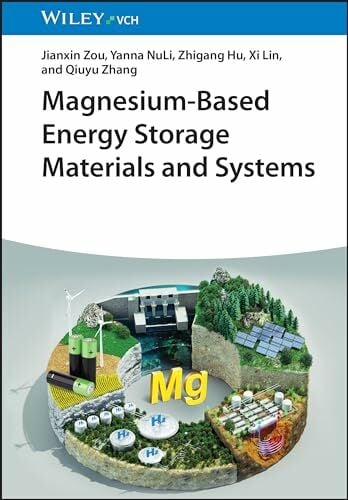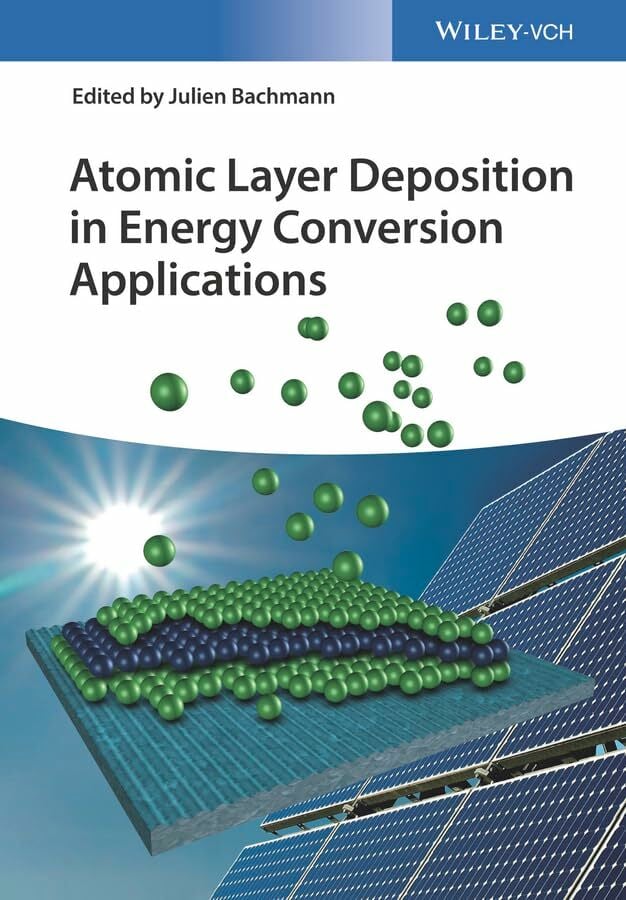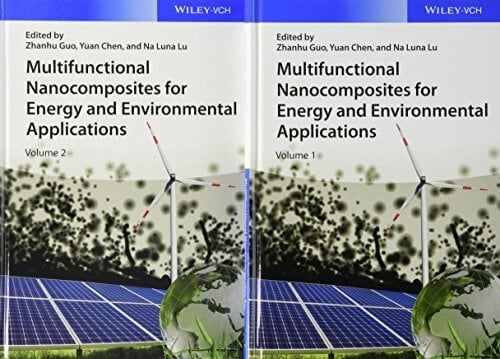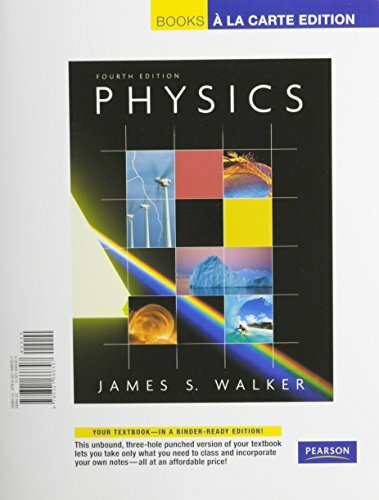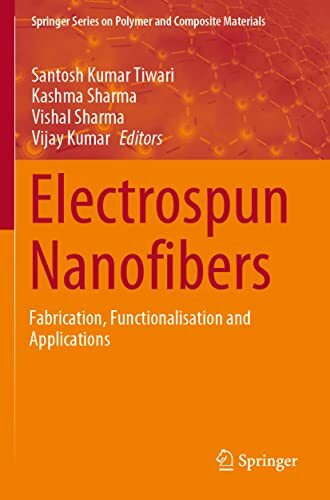
Novel Electrochemical Energy Storage Devices: Materials, Architectures and Future Trends
inkl. MwSt. Versandinformationen
Lieferzeit 1-3 Werktage
Lieferzeit 1-3 Werktage
Kurzinformation
inkl. MwSt. Versandinformationen
Lieferzeit 1-3 Werktage
Lieferzeit 1-3 Werktage

Beschreibung
"Novel Electrochemical Energy Storage Devices: Materials, Architectures and Future Trends" von Hui Ming Cheng bietet einen umfassenden Überblick über die neuesten Entwicklungen im Bereich elektrochemischer Energiespeicher. Das Buch untersucht verschiedene Materialien und Architekturen, die zur Verbesserung der Effizienz und Kapazität von Energiespeichersystemen beitragen können. Es beleuchtet die Fortschritte bei Batterien, Superkondensatoren und anderen Speichermethoden und diskutiert deren potenzielle Anwendungen in verschiedenen Industrien. Zudem werden zukünftige Trends und Herausforderungen in der Weiterentwicklung dieser Technologien analysiert, um nachhaltige Lösungen für den steigenden Energiebedarf zu finden.
Produktdetails

So garantieren wir Dir zu jeder Zeit Premiumqualität.
Über den Autor

- Hardcover
- 394 Seiten
- Erschienen 2015
- Academic Press

- Gebunden
- 588 Seiten
- Erschienen 2017
- Wiley-VCH

- Gebunden
- 471 Seiten
- Erschienen 2020
- Wiley-VCH

- hardcover
- 576 Seiten
- Erschienen 2011
- Wiley-VCH

- Gebunden
- 273 Seiten
- Erschienen 2022
- Wiley-VCH

- Gebunden
- 317 Seiten
- Erschienen 2017
- Wiley-VCH
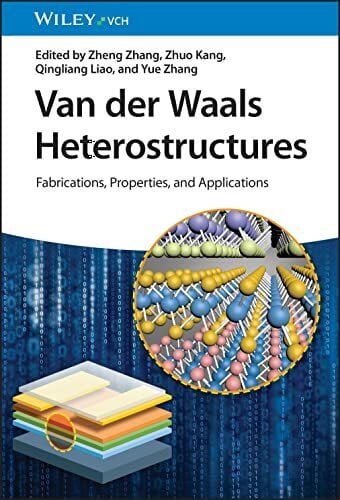
- Gebunden
- 323 Seiten
- Erschienen 2023
- Wiley-VCH

- Gebunden
- 278 Seiten
- Erschienen 2020
- Wiley-VCH

- Gebunden
- 445 Seiten
- Erschienen 2020
- Wiley-VCH

- hardcover
- 528 Seiten
- Erschienen 1995
- Wiley-Interscience

- hardcover
- 656 Seiten
- Erschienen 1998
- Wiley-IEEE Press
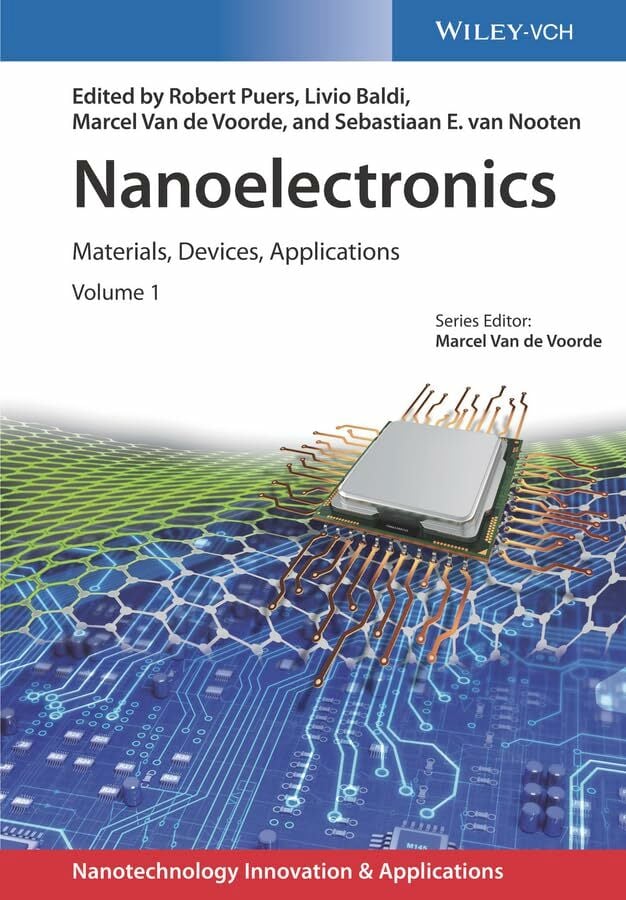
- Gebunden
- 742 Seiten
- Erschienen 2017
- Wiley-VCH

- hardcover
- 434 Seiten
- Erschienen 2003
- Wiley-VCH

- Kartoniert
- 404 Seiten
- Erschienen 2014
- Springer

- Gebunden
- 389 Seiten
- Erschienen 2016
- Wiley-VCH

- Gebunden
- 427 Seiten
- Erschienen 2006
- Wiley-VCH





